Less Pollution During Heavy Rainfall: TU Graz Calculates Potential of Nature-Based Measures
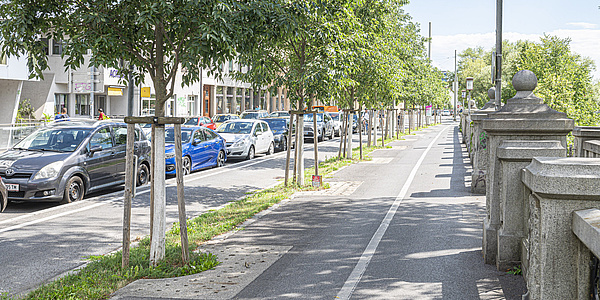
Decentralised urban drainage systems on private and public lands could absorb half a million cubic metres of water in Graz alone.

Decentralised urban drainage systems on private and public lands could absorb half a million cubic metres of water in Graz alone.
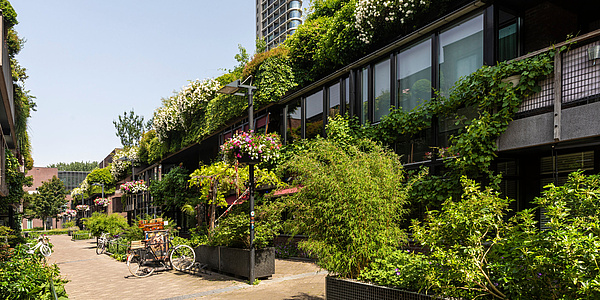
The consequences of global warming are also becoming increasingly noticeable in Styria. TU Graz has analysed how they affect individual municipalities and derived suitable recommendations for action.
One topic, but a multiplicity of angles and perspectives.
Energy storage systems are becoming increasingly important, powerful and widespread. However, this also means that the demands on their safety and durability are growing.

A good urban climate also needs a good traffic concept. Aglaée Degros, head of the Institute of Urbanism at TU Graz, explains what such concepts could look like and how they could succeed.
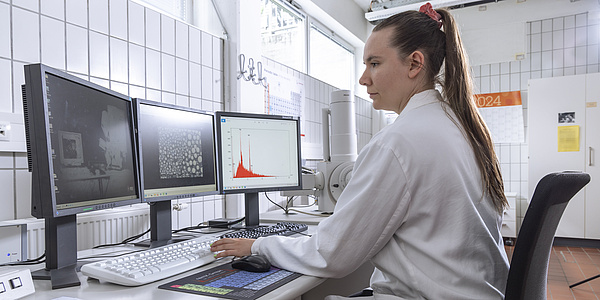
Michaela Roschger has a creative mind, enjoys painting and conducting research into more efficient ethanol fuel cells.
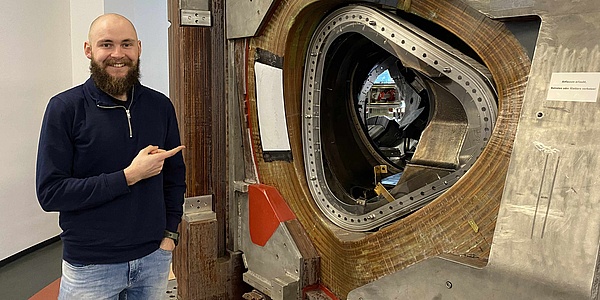
Markus Markl is a theoretical physicist at TU Graz working on nuclear fusion – a clean form of energy that we want to copy from the sun.

For us, utilising solar energy often means generating electricity using photovoltaics. Sophisticated architectural modifications, however, make much more possible.
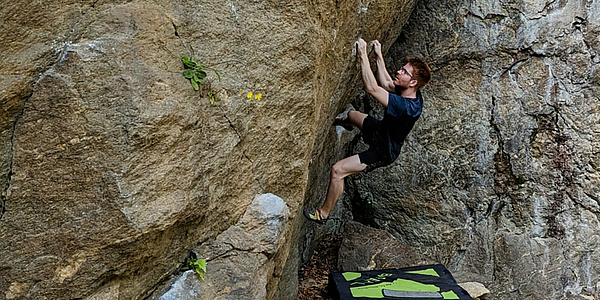
Lukas Maar tracks down all the various ways attackers infiltrate computer systems. He has just presented several research findings at the renowned Usenix conference.

Anna Galler has just moved to TU Graz with an Elise Richter Fellowship. Here, the researcher analyses 2D materials.
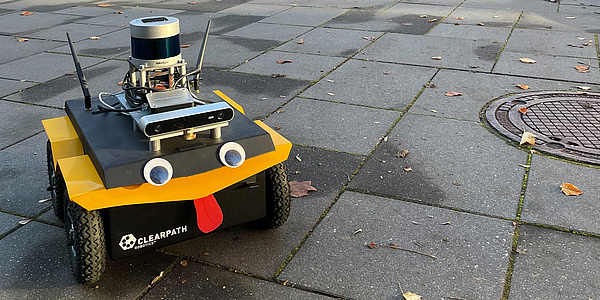
Eva Reitbauer is trying to teach robots to “see”. Her robots include autonomous compost turning machines whose sensory organs are sensors such as laser scanners and cameras.
Monthly Newsletter about current Researchtopic at Tu Graz. Follow now.
TU Graz | Communications and Marketing
Rechbauerstraße 12, 8010 Graz
+43 316 873 6005
kommunikation@tugraz.at